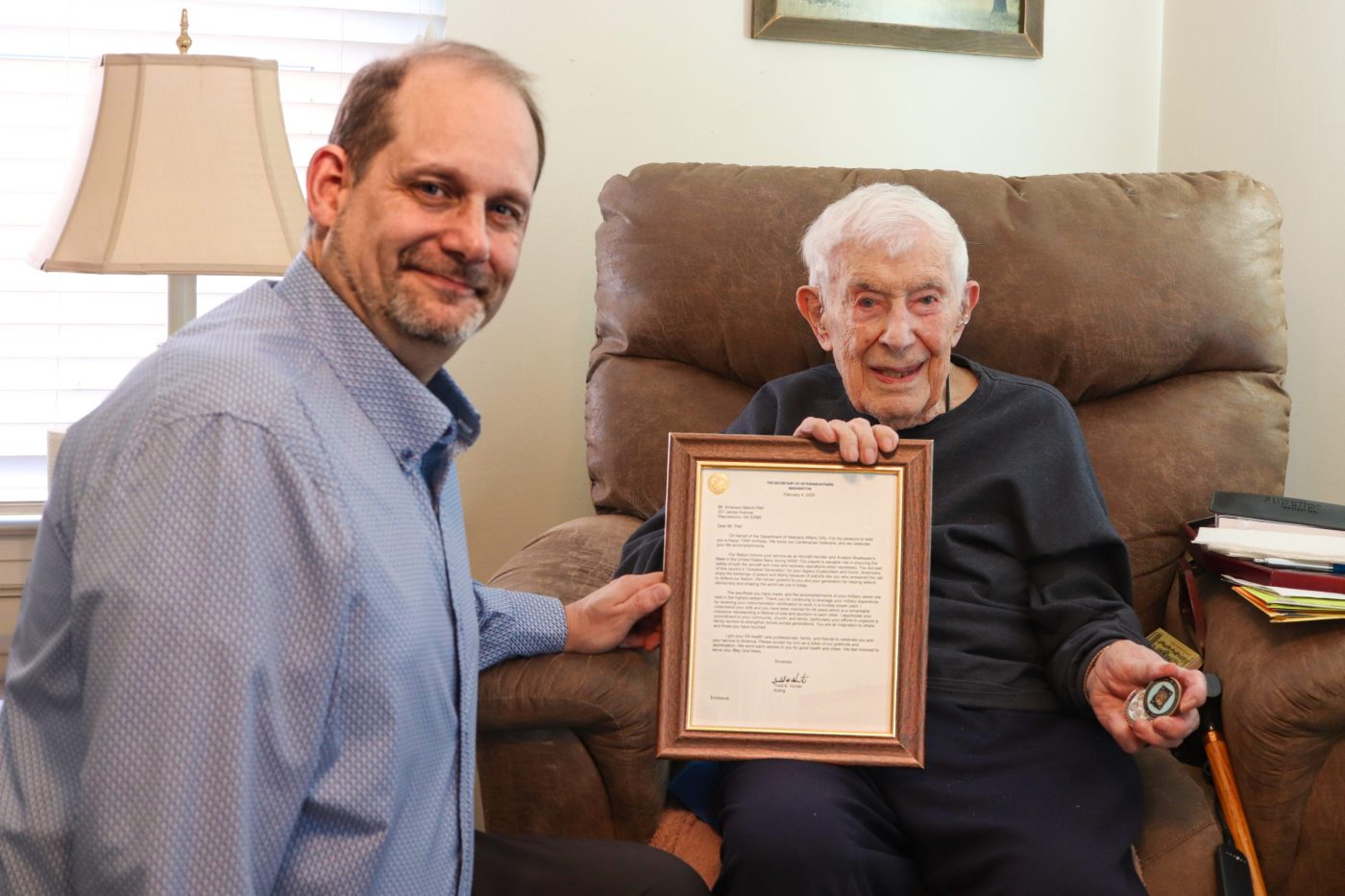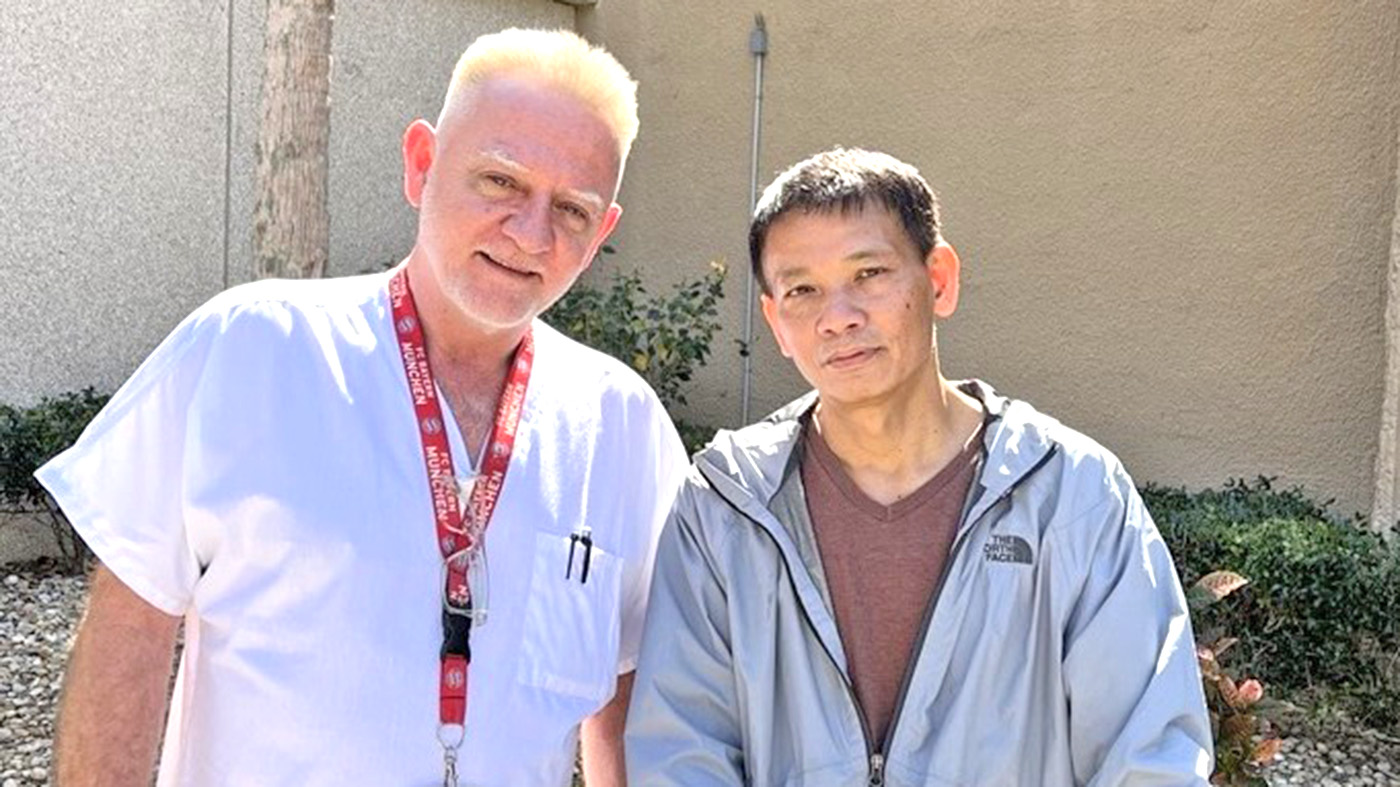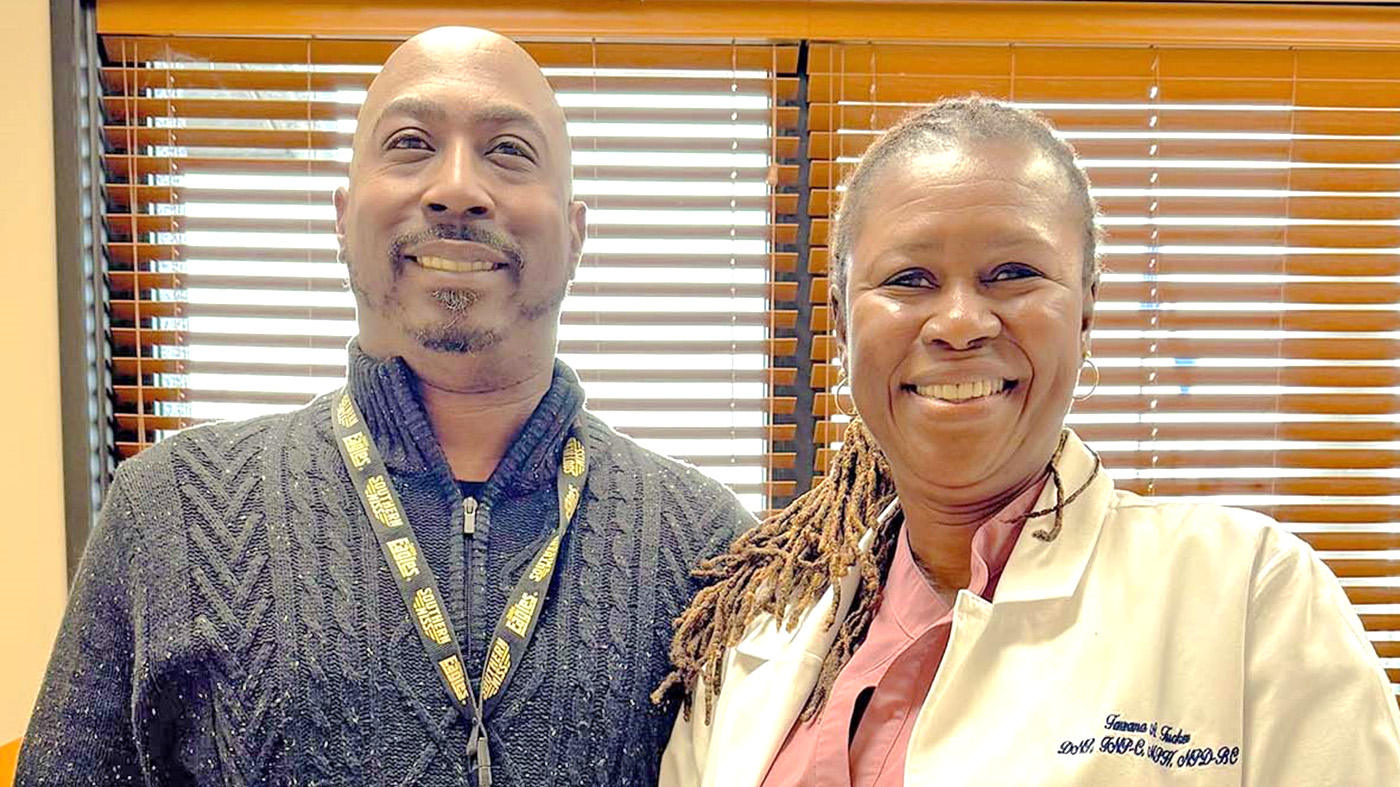In a recent SIM course, VA staff in Texas added to their skills the latest techniques on how to handle any medical situation in their VA hospitals.
Simulation learning has become increasingly popular in recent years as more and more educators recognize its many benefits, such as increasing patient safety and improving existing processes.
In collaboration with SimLEARN’s Assessment Collaboration and Outreach (ACO) Team, South Texas VA hosted their first Simulation Essentials Course at the Audie L. Murphy Memorial VA.
The Simulation Learning, Evaluation, Assessment and Research Network (SimLEARN) is VA’s program for simulation in health care training.
The course was offered throughout the Heart of Texas Health Care Network, allowing nurse educators, SIM techs, physicians and front-line staff to participate and learn how to evaluate the outcomes and impact of simulation-based learning.
Simulation training improves performance and patient care
A simulation is an imitative representation of a process or system that could exist in the real world. For example, in a simulation exercise, if a medical emergency turned into a cardiac arrest (Code Blue), staff would be able to treat the simulation just as they would a real patient. Practicing through simulation provides an overview of how staff or a system in place performs to implement methods to improve performance, safety and patient care.
Having the ability to test the “What ifs” scenarios without risking real consequences allow the opportunity to learn valuable hands-on information and experiences that are at times difficult to obtain in real life. It is a powerful tool for learners of all backgrounds, offering a safe and effective way to develop and practice skills and knowledge in a real-world context.
The course focused on specific needs by using systems available within medical facilities. The training uses manikins that provide computer-based simulation and augmented reality. From learning and understanding the methodology, to hands-on training and evaluation, the course covered all aspects of simulation technology implementation.
Program director Deborah Bartoshevich facilitated the course with ACO Facilitator Vanessa Aycock. Both instructors provided the learners with valuable tips and strategies to mastering the art of debriefing and facilitating successful simulation sessions. “We were hoping to offer the course because we understand how valuable simulation is used for an educational technique,” Bartoshevich said.
Topics in this story
More Stories
When asked if he's a hero, 100-year-old WWII Navy Veteran Emerson Pell gave a short, modest response: “I was just a normal guy.”
A member of the Care Transition Clinic got to demonstrate his I CARE values for an Army Veteran.
When a Veteran explained a diabetic health issue to staff, they scheduled an immediate medical appointment.






Thank-you to Vanessa Aycock and SimVET for developing this course! It was a very beneficial course for those interested in using simulation into their educational offerings.